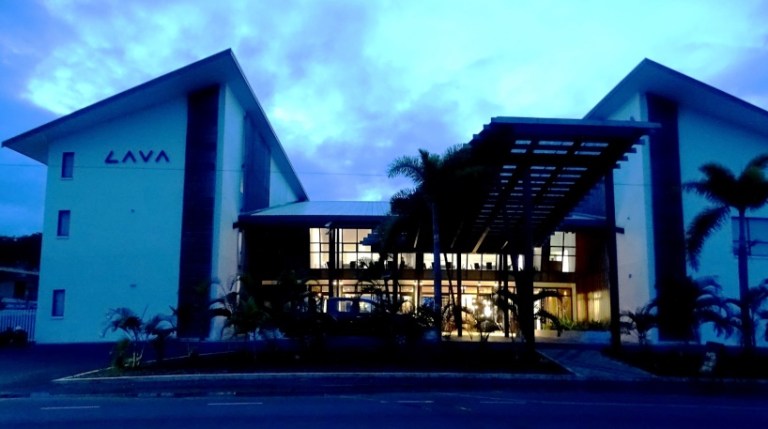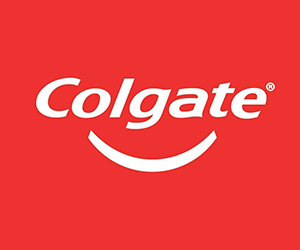Business
Court denies LAVA Hotel application to amend Claim for Damages

By Lagi Keresoma
APIA, SAMOA – 14 JANUARY 2022: Supreme Court Judge, Justice Lesatele Rapi Vaai has denied an application by the LAVA Hotel Limited (Plaintiff) to amend its claim for damages against the Ca’bella Pacific Construction Limited (First defendant) and Tinai Gordon Associates Limited (Second defendant).
The original claim against the First and Second defendants are for $4,907,647.99 each, and the amendment they wanted to make was for $108, 808, 000.
The $108,808,000 is the total amount already paid by the plaintiff to the first defendant for retention and contractors bonds.
The First and Second defendants have opposed the application and the Court believes the application needs to be seen in the context of what has happened so far.
“The leave to amend statement of claim is refused and the Plaintiff is ordered to pay costs of $1000,” ruled Justice Vaai.
The $4,907,647.99 claim
On 12 April 2021, the Plaintiff filed a statement of claim against the First and Second defendants for breach of contract in a number of instances.
“It also claimed negligence, alleging breach of a duty of care to carry out its contractual obligations and unjust enrichment is also alleged,”
Damages sought against both defendants amounted to $4,907,647.99 each.
The contract
A contract between the Plaintiff and First defendant was signed on April 2018 for the construction of the LAVA Hotel.
It was a cost reimbursement contract which contained inter alia the methodology for assessing the contractual price for the contractual work provided by the first defendant.
The First defendant also engaged Progressive Insurance Limited as the insurer for the contract.
The Second defendant was named as the engineer to the contract.
Part of the contract was for the First defendant to engage an insurance company of its choice to cover advances payment bonds, performance bonds and retention bonds.
The contract also noted that the Plaintiff was obligated to reimburse the First defendant for the bonds.
During the course of construction, claims submitted by the First defendant in accordance with the terms of the contract were all verified and approved by the Second defendant for payments, Court documents stated.
According to the Progressive Insurance submission, all payments had been approved and paid for.
However, after the completion of construction in April 2020, the First defendant submitted that the payments claimed by the Progressive Insurance already paid, were not paid and were never referred to the Second defendant for verification.
It is also noted that the Plaintiff refused payments and numerous correspondences were exchanged between the parties including the Second defendant.
After their own investigation, the Plaintiff came to the conclusion that the Progressive Insurance had already made bond payments to the First defendant.
“These were not in compliance with the contract process resulting in overpayment which is larger than the amount claimed,” claimed the Plaintiff.
More problems followed when Progressive Insurance was liquidated on 9 September 2021.
Given the Progressive Insurance situation, the Plaintiff concluded that the payments to the First defendant were worthless and had no value because the insurance company was not in a financial position to honour any insurance claim submitted by the Plaintiff.
The Plaintiff claimed in their submission that at the time of negotiating Ca’bella’s director Vaughan Simpson was aggressively pushing for all policies to be placed with Progressive Insurance.
Although the Plaintiff conceded that it was the discretion of the First defendant to choose the insurer, they believe the first defendant should have checked on the appropriateness of obtaining insurance coverage from Progressive Insurance.
First defendant argument
The First defendant argued that there was no cause of action arising from Progressive Insurance being liquidated.
They argued that the insurance bonds were procured in 2018 and all bonds expired after the completion of construction in accordance with the terms of the contract.
They claimed that the advance payments expired once the value of the bond had been deducted from progress claims over the 2 year construction period,
The Performance Bond expired once the practical completion was achieved on the 27th April 2020.
The first of the two retention bonds also expired on the 27th April 2020 and the second retention bond expired on the 18th May 2021 which is the end of the 12 month defects liability period.
They defended the credibility of Progressive Insurance who has always been their insurer for construction works.
Counsel for the Plaintiff Trevor Lamb pointed out that the First defendant ignored the fact that the Plaintiff had paid $108,808,000 for worthless bonds.
“There was real value to the Plaintiff in having reliable insurance in place should it need to make any valid claim, and there are prima facie evidence, through the affidavit of Mr. Chan Mow that from at least October 2017 Progressive Insurance was not in a financial position to honour any insurance bonds issued to the first defendant,” said Lamb.
(Chan Mow is a former director of Progressive Insurance)
Statutory demand
First defendant on 2 November 2020 issued and served a statutory demand on the plaintiff for payment of the claim and interest for late payment.
On 12 November 2020, the plaintiff responded by filing a motion to set aside the statutory demand hearing.
The reasons for the motion to set aside the statutory demand was based on the substantial dispute of the debt and that the plaintiff has filed a counterclaim which is larger than the first defendant’s statutory demand.
In passing judgment, Justice Vaai pointed out that the test is whether or not the amendment is necessary in order to do justice between the plaintiff and the opposite party.
After perusing all evidence before the Court, he denied the Plaintiffs application to amend their statement of claim, and the date for the actual hearing of the original claim is yet to be set.


















